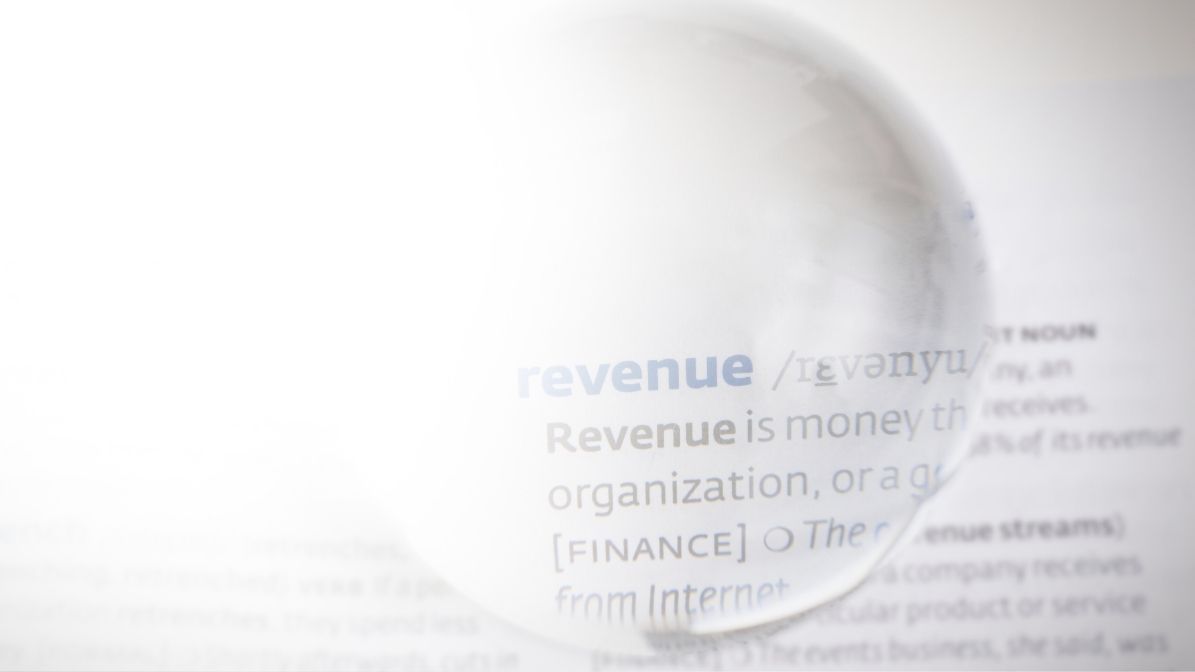Wider Revenue Activity (WRA) is a strategic tax administration approach designed to expand the tax base by identifying and capturing revenue from sources that have historically gone underreported or untapped. This concept has gained traction as governments seek solutions to address widespread tax avoidance, low voluntary compliance, and persistent tax gaps.
WRA goes beyond simply increasing audit capacity. It involves integrating data across government agencies, leveraging information technology, and strengthening international cooperation to access taxpayer financial data. The shift represents a broader move from reactive enforcement to proactive risk identification and data-driven compliance.
In Indonesia, WRA-like practices are supported by various regulations, including Law of the Republic of Indonesia Number 6 of 1983 concerning General Provisions and Procedures of Taxation (Ketentuan Umum dan Tata Cara Perpajakan/KUP), Law of the Republic of Indonesia Number 7 of 1983 concerning Income Tax, Law of the Republic of Indonesia Number 8 of 1983 concerning Value-Added Tax and Luxury Goods Sales Tax, and Law of the Republic of Indonesia Number 7 of 2021 concerning Harmonization of Tax Regulations (Harmonisasi Peraturan Perpajakan/HPP).
One real-world example of WRA implementation in Indonesia is the integration of taxpayer data from motor vehicle ownership, property holdings, banking activity, e-commerce transactions, and digital service providers. This enables tax authorities to assess income accuracy and taxpayer compliance more effectively.
The carbon tax introduced under the HPP Law also reflects a WRA approach. Previously, carbon-related taxation wasn’t addressed in Indonesian tax law.
WRA is also closely tied to the Automatic Exchange of Information (AEOI) program, which Indonesia has participated in since 2018. This initiative enables the Directorate General of Taxes (DGT) to automatically access financial information about Indonesian taxpayers held in other jurisdictions, thereby enhancing transparency and facilitating the tracing of offshore assets.
Further legal support for WRA comes from Government Regulation Number 31/2012 and several Director General of Taxes Regulations, including the latest PER-10/PJ/2025, which updates provisions on cross-border data exchange in accordance with international agreements.
WRA is a common practice in developed countries. The UK’s HM Revenue & Customs (HMRC) operates Connect. This sophisticated data analytics platform consolidates over 30 datasets to detect inconsistencies across banking and corporate records, property holdings, and social media activity.
In Australia, the Australian Taxation Office (ATO) employs a broad data-matching program that gathers information from over 600 sources, including real estate developers, investment platforms, and vehicle registries. This enables the ATO to spot non-compliance without initiating formal audits.
The United States’ Internal Revenue Service (IRS) operates similar programs, such as the Compliance Assurance Process (CAP) and Information Returns Processing (IRP), both of which heavily rely on third-party reporting and automated data analysis.
The success of WRA depends on a strong data infrastructure and clear legal frameworks. Protecting personal data and ensuring legal certainty are essential to safeguarding taxpayer rights and maintaining public trust in tax administration.
However, in developing countries—including Indonesia—WRA implementation faces hurdles, such as fragmented systems across government bodies, inconsistent data quality, limited digital infrastructure, and workforce constraints. Resistance also exists within segments of the informal economy.
Overcoming these challenges will require strong cross-agency collaboration, particularly between the DGT, the Financial Services Authority, the Ministry of Finance, the Ministry of Home Affairs, and other relevant institutions. At the heart of WRA is the ability to comprehensively coordinate and integrate national data in real time.
WRA could evolve to encompass emerging sectors such as environmental taxation, digital economy transactions, and crypto asset markets in the future. Adaptive regulatory frameworks will be critical to ensure that tax authorities remain effective in monitoring new economic frontiers.
When implemented effectively, WRA can drive higher voluntary compliance, reduce tax evasion, and improve the national tax ratio. This, in turn, strengthens the government’s ability to finance development.
Importantly, WRA is not meant to be punitive. Instead, it is a policy framework designed to promote fairness and transparency. Public education and outreach to businesses are, therefore, crucial pillars of this strategy.
In conclusion, WRA represents a forward-looking strategy for modernizing tax systems in the digital age. With the proper legal foundation, technological tools, and institutional coordination, it could become a game-changer for Indonesia’s fiscal sustainability.
Legal References
- Law of the Republic of Indonesia Number 6 of 1983 concerning General Provisions and Procedures of Taxation, as amended by Law of the Republic of Indonesia Number 7 of 2021 concerning Harmonization of Tax Regulations.
- Law of the Republic of Indonesia Number 7 of 1983 concerning Income Tax, as amended by Law of the Republic of Indonesia Number 7 of 2021 concerning Harmonization of Tax Regulations.
- Law of the Republic of Indonesia Number 8 of 1983 concerning Value-Added Tax and Luxury Goods Sales Tax, as amended by Law of the Republic of Indonesia Number 7 of 2021 concerning Harmonization of Tax Regulations.
- Minister of Finance Regulation Number 39/PMK.03/2017 concerning Procedures for Information Exchange under International Agreements.
- Director General of Taxes Regulation Number PER-67/PJ/2009 concerning Procedures for the Information Exchange under Tax Treaties, as amended by PER-10/PJ/2025 concerning Implementation of Information Exchange under International Agreements.


